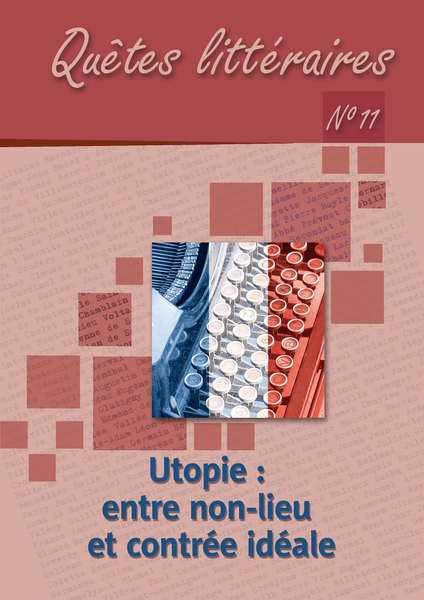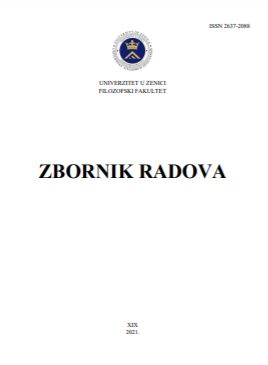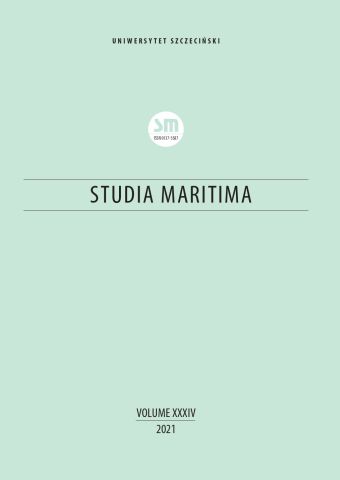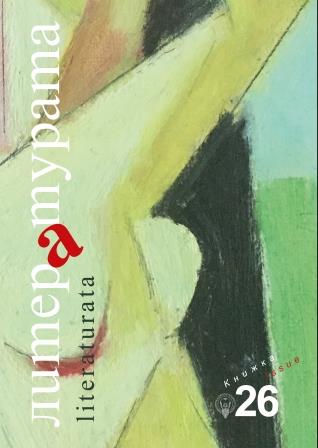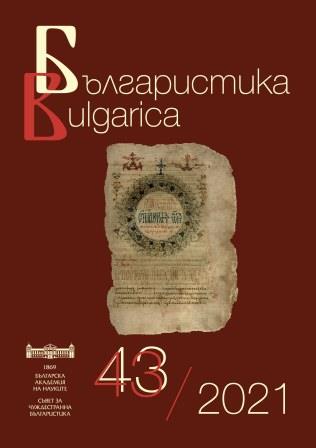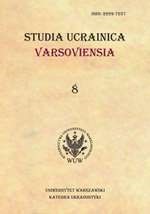
Теологічні тексти у становленні українського наукового дискурсу ІІ половини XVII століття (на прикладі „Науки о тайнѣ с(т): покаѧнїѧ” 1671 р.)
The author analyzes the cognitive-discourse aspect of the semantic structure of the treaty Nauka o tajně s(t): pokaęnїę (a translation from the Polish original) printed in 1671 by the imprimery of the Kyivan Cave Monastery. Found on the boundary line between theological literature and the secular genres, the Ukrainian scientific discourse was rather vague at that time; the text under consideration can be viewed therefore as a popular scientific one. The text is connected with the academic discourse through a complicated structure, typical of scholastic treaties, heterogeneous markers of the intertextuality, the use of indirect performative markers as well as markers of the prospection and retrospection. Its connection with the popular discourse is maintained through the elimination of authorship, the prevailing glossing rather than definitions of the respective terms.The dialogue model of addressing with the help of singular ‘you,’ which is common for preaching, is found in this treaty side by side with the inclusive ‘we.’ The treaty’s heterogeneous syntactic organization is marked by the combination of different genres, namely,literature of practical purpose and sermons.
More...
